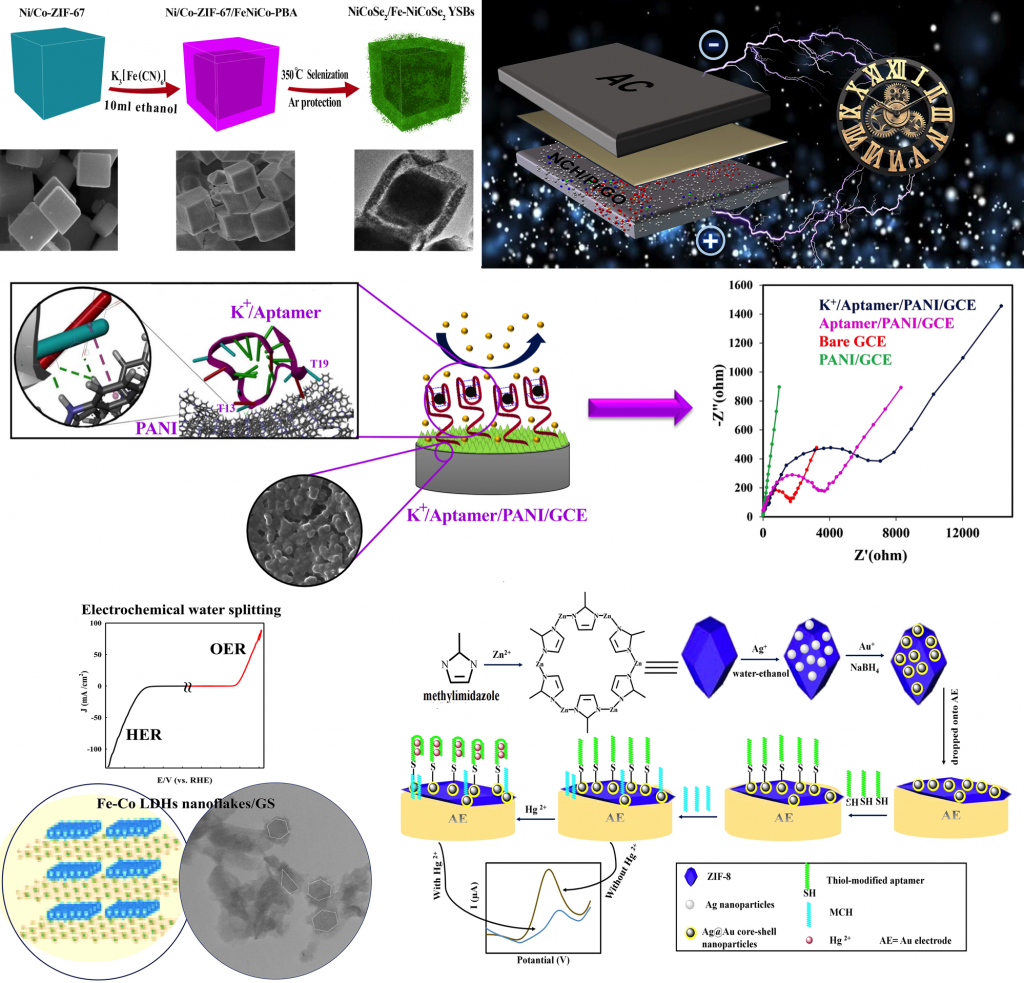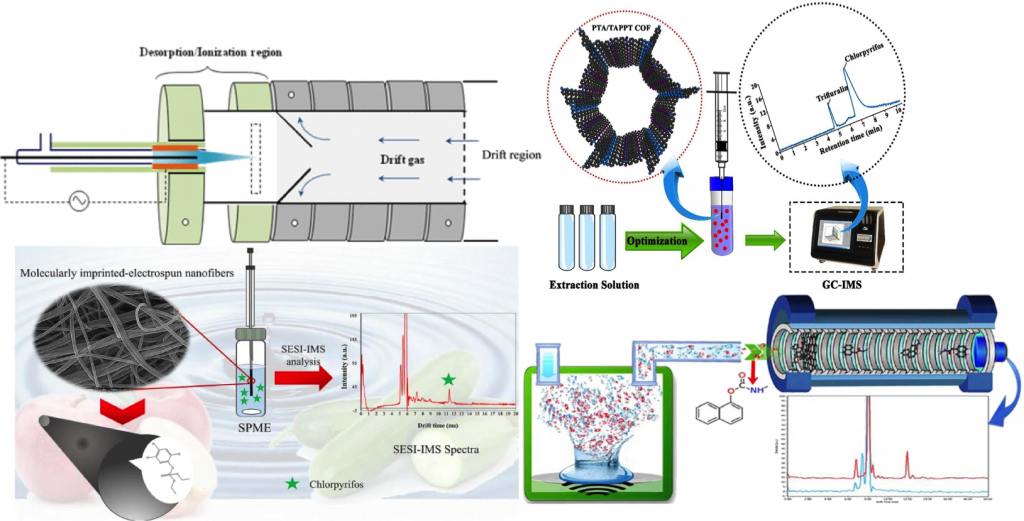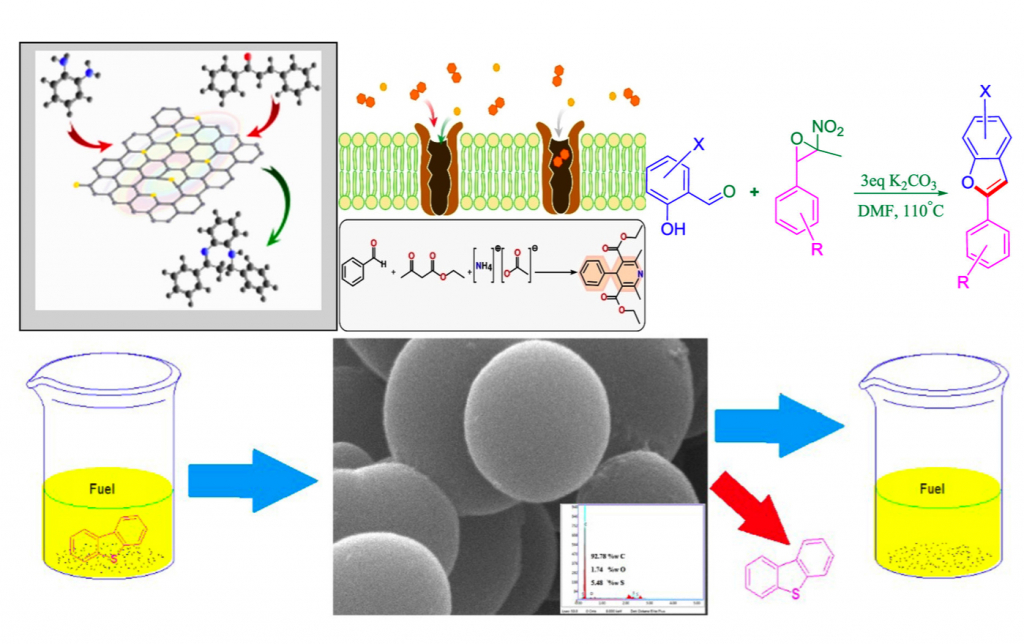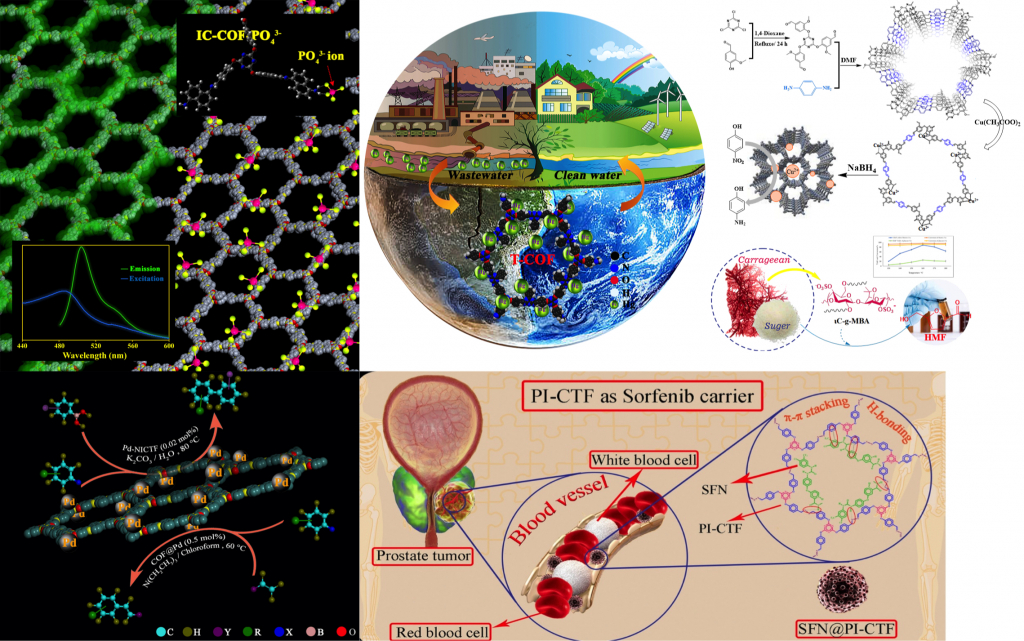Research Activities
• 1. Analytical and Bioanalytical Chemistry
including Chemometrics, Ion Mobility Spectrometry, Electrochemical Analyses, Chemical and Biochemical Sensors, Separation and Ultra-trace Analysis, Instrumentation and Measurement, Advanced Energy Materials, Solar Cells, Electrosynthesis, Atomic Spectroscopy, and Supercritical Fluid Science and Technology.
Professor Dr. Ensfai’s research program is developing sensors and biosensors (based on electrochemical and spectroscopic methods) and new energy source-based-nanomaterials for fuel cells, supercapacitors, and energy storage.

Professor Dr. Jafari’s research program is developing design and manufacture of ion mobility spectrometer (IMS), atmospheric pressure chemical ionization (low temperature plasma, electrospray, and corona discharge), hyphenated techniques of LC-IMS and GC-IMS, and rapid and sensitive analysis of environmental pollutants & biological samples.

• 2. Inorganic and Bioinorganic Chemistry
including Electocatalysts, Photocatalysts, Synthesis of Transition Metal Complexes, Organometallics, Inorganic Photochemistry, Inorganic Electrochemistry, Supramolecular Chemistry, Anticancer Drugs and Metal-drug Complexes, Nanobioinorganic Chemistry, Advanced Materials, Magnetochemistry, Nanomaterials, Inorganic Nanocarriers, Semiconductors, Nanocatalysts, Inorganic Pigments, MOFs, Inorganic Polymers, and Industrial Inorganic Chemistry.
• 3. Organic Chemistry
including Chemistry of Pharmaceuticals and Biologically Active Compounds, Polymer Chemistry, Catalysis and Physical Organic Chemistry, and Preparative and Computational Chemistry.
Professor Dr. Tavakol's research program focuses on three areas: organic synthesis: developing new synthetic methods for the synthesis of useful compound, especially pharmaceutically active chemicals; catalyst: finding new catalyst (focus on carbon or metal aerogels) and developing electrochemical methods for organic reactions and theoretical studies using DFT, QM, MM and MD methods.

The Dinari Lab is focused on addressing research challenges related to energy storage, drug delivery, and global environmental concerns. Central to our efforts is the synthesis of novel porous organic polymers and organic-inorganic hybrid materials and the manipulation of their electrochemical and photophysical properties through a post-synthetic modification approach. Porous materials synthesis with rigorous physical characterization is the cornerstone of our research.

• 4. Physical Chemistry including Ion Mobility Spectrometry (IMS), Sensors, Molecular Spectroscopy, Mass Spectrometry, Fuel Cells, Thermodynamics of Equilibrium and Non-equilibrium Systems, MD Simulation, Quantum Computational Chemistry, Synchrotron Radiation-based Experiments, Industrial Electrochemistry, and Laser.



